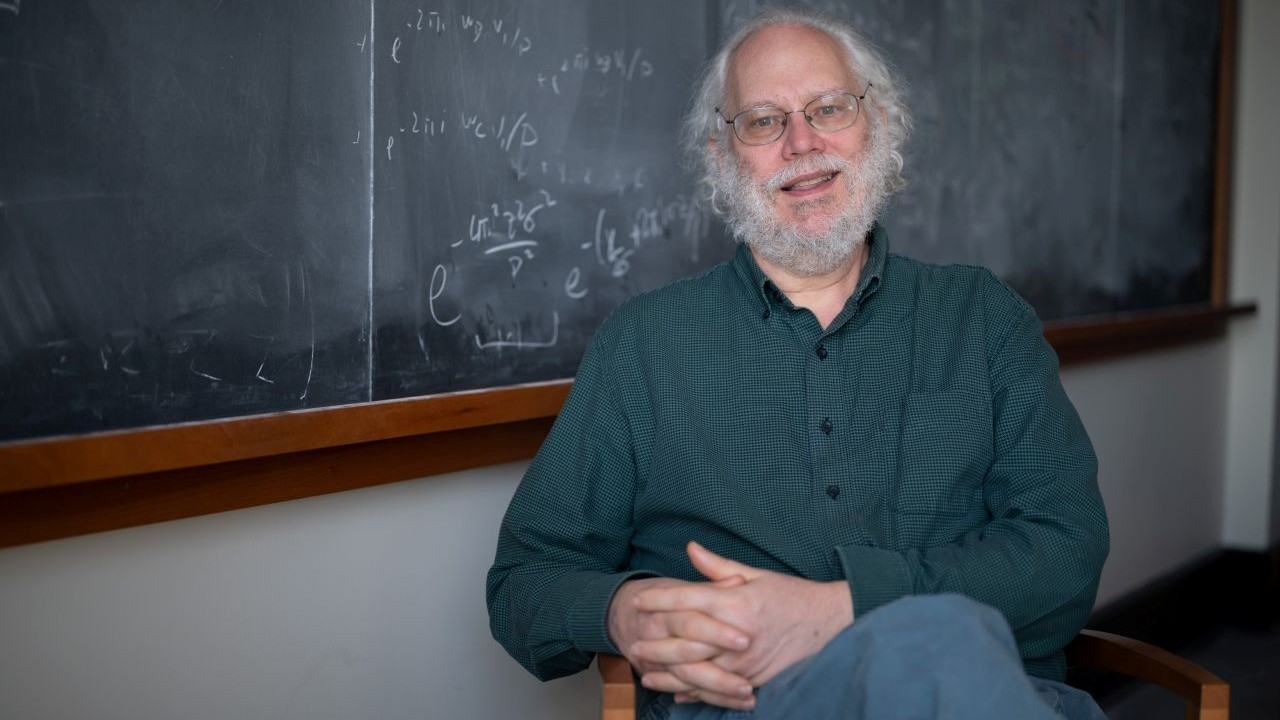Bitcoin innovation firm New York Digital Investment Group (NYDIG) published an article on Friday discussing Google’s recent quantum computing breakthrough capable of breaking RSA encryption using only one million quantum bits (qubits), down from 20 million qubits just a few years ago. Although the development doesn’t put Bitcoin at risk, NYDIG warns that it’s only a matter of time before the cryptocurrency’s security becomes vulnerable to quantum computer attacks.
RSA is one of the most widespread encryption algorithms in modern communications. It’s used in web browsers, virtual private networks (VPNs), email, and many other areas. It relies on the mathematical difficulty of factoring large numbers, but in 1994, a little-known mathematician by the name of Peter Shor crafted an algorithm that can theoretically break RSA encryption if implemented by a sufficiently powerful quantum computer.

(American mathematician Peter Shor designed a quantum computer algorithm capable of breaking RSA in 1994 / MIT)
In 2019, Google concluded that a computer capable of such an attack would require 20 million qubits. But just last month, the tech giant announced that recent technological advancements have whittled down the required processing power to only one million qubits. Even then, no such computer exists right now. Current quantum computers have anywhere from 100 to 1,000 qubits. As for Bitcoin, it doesn’t even use RSA, but that doesn’t mean the cryptocurrency won’t be at risk in the future.
“Bitcoin uses the Elliptic Curve Digital Signature Algorithm (ECDSA) or Schnorr for digital signatures,” the NYDIG article states. Schnorr signatures are a simpler and more efficient alternative to ECDSA. “Nevertheless, ECDSA and Schnorr would likely be vulnerable to QCs sometime in the future,” the article adds.
Fortunately, work on post-quantum cryptography (PQC) is already in full swing and multiple PQC digital signatures already exist. While many in the Bitcoin community disagree on whether quantum computers pose an imminent threat to the cryptocurrency’s security, everyone is on the same page about the inevitability of replacing Bitcoin’s current signature schemes. But that upgrade will come at a cost.
“Practically speaking, these algorithms produce much larger keys and signatures and require more time to sign and verify,” the NYDIG article explains. “This would impact Bitcoin’s performance, block space efficiency, and ultimately how users interact with the network.”
免责声明:本文章仅代表作者个人观点,不代表本平台的立场和观点。本文章仅供信息分享,不构成对任何人的任何投资建议。用户与作者之间的任何争议,与本平台无关。如网页中刊载的文章或图片涉及侵权,请提供相关的权利证明和身份证明发送邮件到support@aicoin.com,本平台相关工作人员将会进行核查。




